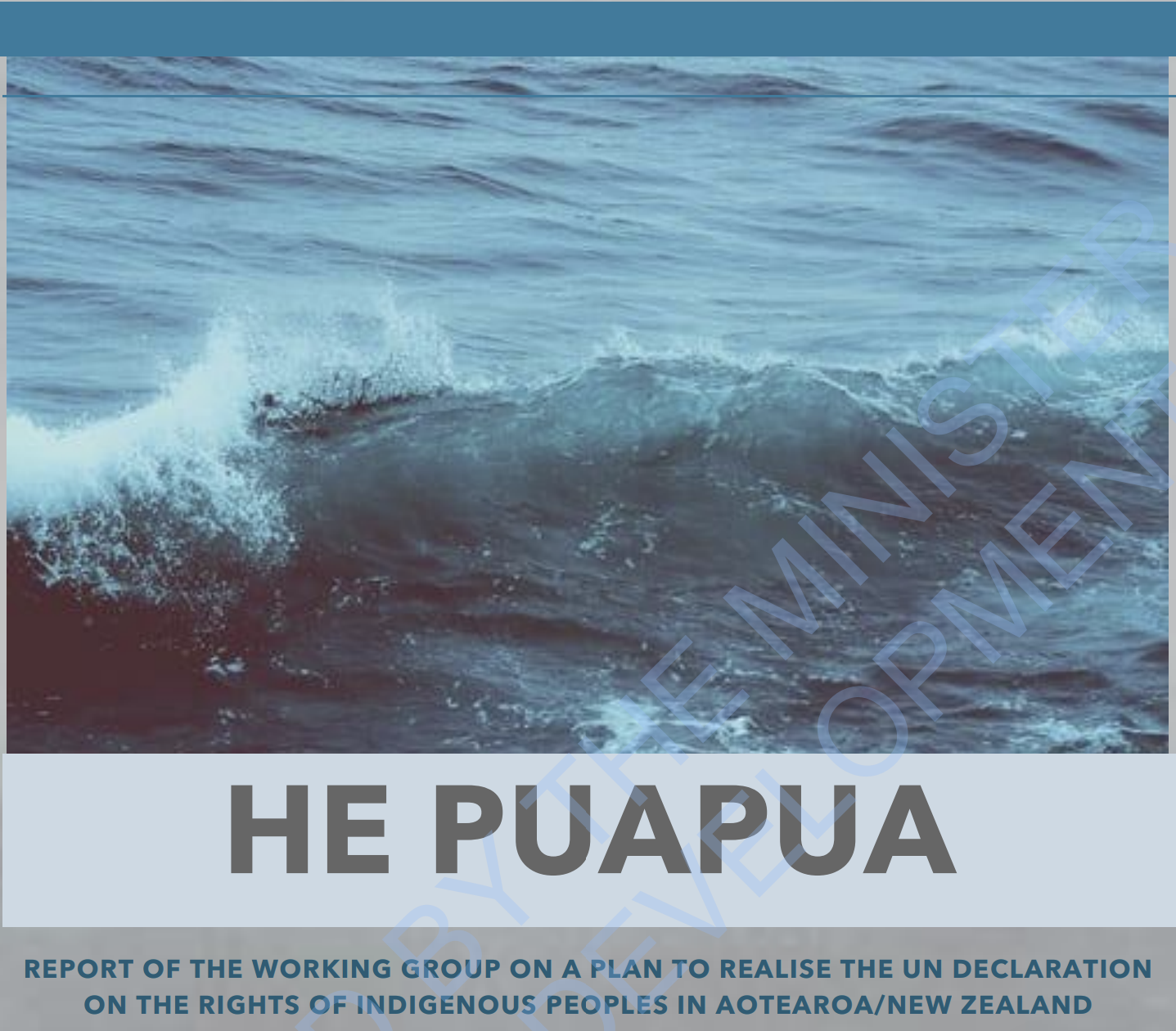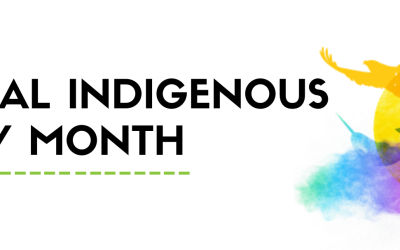During the whole of recorded history, the empire has been the most constant and common form of political organization. A basic, self-evident feature of all empire-building has been the successful occupation of the lands of the local, Indigenous inhabitants by outside forces. This occupation is then followed by the successful assertion over the inhabitants by those outsiders.
This has happened in Canada, but Canada had the good fortune to be part of the British Empire, which, as empires go, was a relatively benevolent colonializing power, both in the manner of its formation and in its assertion of control over the local Indigenous population. In fact, judging the occupation of Canada with reference to the norm, and not with reference to Utopia, we can justly say that Great Britain was a conqueror with a conscience.
Similarly, New Zealand had the good fortune to have been a part of the British empire.
Both countries, as a result, have English as their major language: which is the language of business, science, and diplomacy the world over, along with the British tradition of the rule of law, with its Enlightenment emphasis on individual rights and freedoms. Both countries are successful, liberal, “Westminster-style” parliamentary democracies. The citizenry of both countries have been advantaged, and this includes their Indigenous citizens.
Some subjects of British colonial rule have, in fact, acknowledged the long-term good that came with being part of the British empire. For example, the Trinidadian writer V.S. Naipaul acknowledged that India’s entry into the broader world, “mentally as well as physically, was brought about by foreign rulers, and yet how vital it was.” A statistical analysis by Seymour Martin Lipset, conducted a number of years ago, showed that the variable having a higher relation to becoming a successful democracy was “having been a British colony.”[1]
The British political philosopher Edmund Burke wrote[2] that “good comes from good,” implying that our British heritage, even taking into account its faults, produced a relatively prosperous, ordered, enlightened, and just society such that it would be unwise, without the most careful forethought, to alter any fundamental aspect of it. In the modern lexicon his wise stricture would be phrased: “Don’t mess with success.”
Yet that is exactly what Canadian elites have been doing for the past 40 years. They have been thoughtlessly and irresponsibly “fixing,” with no careful forethought, what was never broken. In a misguided attempt to reverse or “undo” our colonial history vis a vis our Indigenous peoples,[3] these elites have rashly enacted Section 35 of the Constitution Act in 1981 and, after that, enacted other legislation and policies, such as the United Nations Declaration on the Rights of Indigenous People (UNDRIP), designed to “decolonize” Canada.
By this constitutional amendment, by these laws and policies, and by judicial rulings from the Supreme Court, important aspects of Crown sovereignty, which is the necessary precursor to the rule of law and a stable, well-regulated economy, have been ceded to Indigenous groups, who now, in an unstable and uncertain legal environment, have a de facto veto over resource development, the building of pipelines, and other desperately needed facilities. An illiberal, race-based fixation on Indigenous exceptionalism has taken hold of the country’s elite classes, widening social divisions among Canadians, and, while materially benefitting Indigenous elites, ensuring the further quasi-segregation and marginalization of the vast majority of poor and powerless Indigenous Canadians.
Now, New Zealand seems to be following the Canadian lead.
In a podcast from the New Zealand think tank – the New Zealand Initiative, Professor James Allen discusses the similar situation in that country as reflected in the He Puapua Report, that country’s blueprint for state-weakening “decolonization,” a major feature of which, as in Canada, is the “sharing” of Crown sovereignty with the fully-assimilated original inhabitants, the Maori, a race-based minority who represent only about 17% of the population of about 5 million New Zealander.
The Report recommends that the Maori be given substantial “co-governance” powers, which Professor Allen likens to a “veto on all laws,” with the apparent dual purpose of restoring them to their mythical, pre-contact days of power and glory, and effacing, to the extent possible, the apparently ignominious stain of having been colonized by Great Britain.
The comparisons to the situation in Canada are numerous, illustrating that the proverbial White, liberal, cultural death-wish is international in scope.
According to Professor Allen, “nobody knew about” the He Puapua Report Because it was never a part of any election platform and never the subject of any public debate or vote. It was conjured up in relative secrecy by senior, government back-room operatives, and then sprung on the citizenry as a done-deal. The Prime Minister “just did it,” says Professor Allen.
This process, in fact, parallels the enactment of Section 35 of the Canadian Constitution. Trudeau Senior and a few other federal and provincial political elites, with no prior democratic debate or consensus, with no seeking of the will of the people, just “did it.”
Now Trudeau Junior and his cadre of ahistorical, virtue-preening operatives, again with no prior democratic debate or consensus, keep on “just doing it.” That is, these elites are deciding on their own to throw billions of taxpayer dollars at various iterations of the meaningless, never-defined word, “reconciliation,” the common thread through which is the country-harming[4] notion that “First Nations” can and should be a collective subset of self-governing, independent, sovereign “nations” within the nation of Canada.
According to Professor Allen the He Puapua Report “contradicts human rights laws” by imposing an “equity lens” on the way laws must be interpreted. The Report enshrines group rights based on race. In doing this, it denigrates and diminishes individual rights. As in Canada, where the Supreme Court and our enabling elite class have locked in a gold-plated version of the “separate but equal” legal regime that is a direct assault on the classic and sacred liberal value that individual rights should reign supreme, subject only to the rule of law.
In Canada, Indigenous peoples represent about 5 percent of the population, but the Supreme Court’s activists’ interpretation of Section 35, and our elite classes’ supine acceptance of these harmful rulings, have ramped up the rights of Indigenous peoples to the extent that they constitute a third fount of constitutional sovereignty, almost equal to the sovereignty of the federal government. This is, of course, a recipe for legal chaos and the resulting severe national economic harm that will, no doubt, affect every Canadian.
Professor Allen says that the He Puapua Report heralds a similar flouting of the Westminster principle of majority rule in New Zealand: the 17% Maoris having equal, co-governance rights with the 83% majority, which Professor Allen rightly calls “a disaster.”
Professor Allen rightly asks: How will New Zealand determine who is and is not a Maori? When special rights and entitlements come with a particular racial status, there is always a scramble to attain that status. Will the tribal elites choose? Will it be a matter of self-identification? Will there be a “blood quantum” test as the Nazis established by the Nuremberg Laws? And who will oversee the application of whatever test is agreed upon? This whole confusing, distasteful, business of race-parsing for material gain is already happening in Canada, as illustrated by the ongoing lawsuit between the Metis National Council and the Manitoba Metis Federation over who dispenses, and more importantly, who receives the millions of dollars in taxpayer-provided spoils.
Professor Allen decries the He Huapua Report, just as, in my opinion, the majority of Canadians silently decry Canada’s benignly racist, socially divisive, and economically ruinous Indigenous policies. He says that New Zealanders deserve a vigorous debate on this Report. Of course, New Zealanders deserve some influential person or political party to say “this will not be tolerated.” But, as he sadly notes, that is not what is happening. Wokeness and fear prevent it. “There’s no diversity of views in academia.” The big law firms are all attached to the government teat one way or another. “You can’t find a center-right lawyer or judge,” he says. “There’s nobody with backbone. Even the right of center parties are afraid to do anything.”
It’s shamefully the same in Canada. There’s no freedom of speech here on this profound, existential national issue. There’s a forced and artificial consensus on it.[5] Frances Widdowson lost her job at Mount Royal University in Calgary for criticizing her University’s and country’s Indigenous policies. The big Canadian law firms are, in fact, making a killing from the “consult and accommodate” litigation and class actions against Canada, where early settlements and big pay outs are assured.
So far in the present Conservative Party leadership race, not one of the candidates, even the so-called “right of center” Pierre Poilievre, has promised to do anything so basic and simple as bringing back Stephen Harper’s waste and corruption-reducing First Nations Financial Transparency Act.
At least New Zealand can, by legislation, repeal rash legislation derived from the He Huapua Report because members of parliament can legislatively overrule any judicial ruling on Maori rights. As Professor Allen says, New Zealanders, having a pure parliamentary government with legislative supremacy, are fortunate to have a political remedy to this political problem.
Canada is not so fortunate. The Constitution Act, 1982, is a British-American constitutional hybrid statute, and the rights enshrined in Section 35 are, in fact, constitutionally entrenched and exempt from parliamentary supremacy. Even the notwithstanding clause does not apply to Section 35. It is only our Supreme Court that can tell Canadians and their governments what Indigenous rights really are. So far, the news from the Supreme Court, at least for adherents of Nelson Mandela’s and Martin Luther King’s universalist credo, “one set of laws for all races” has been grim indeed.
Unless the Canadian constitution is amended, or the Supreme Court reverses some of its previous judgments, recent decisions and legislation have expanded Indigenous rights and in so doing, diminished the sovereignty of the Crown.[6] Consequently, the news for Canadians who want a country based on legal equality for all people, and the news for the vast majority of dispossessed Indigenous Canadians, will only get worse. Where are the legal experts to debate this important issue when both Canada and New Zealand really needs them?
Peter Best is a retired lawyer who lives in Sudbury, Ontario. He is the author of There Is No Difference- An Argument for the Abolition of the Reserve System, which has been endorsed by retired Supreme Court of Canada Justice Jack Major.
We highly recommend you listen to the New Zealand Initiative podcast (here) with Professor James Allan which discusses his analysis – “The Report of Professor James Allan on He Puapua: The Radical Prescription for Undermining Democracy and the Rule of Law”. (27 minutes)
[1] From Robert Conquest, Reflections on a Ravaged Century, W.W. Norton & Company, 2000
[2]In Reflections on the Revolution in France, (written in 1790), Penguin Books, London, 2004
[3] “The past really is another country. We cannot go back.”- Historian Tony Judt in his essay, The World We Have Lost, from Ill Fares the Land, The Penguin Press, New York, 2010
[4] “A government’s most basic function is the protection of its sovereignty.” – Historian Simon Schama in Citizens: A Chronicle of the French Revolution, Vintage Books, 1989
[5] “A democracy of permanent consensus will not long remain a democracy.”- Tony Judt, from his essay, What Is To Done? in Ill Fares the Land, above.
[6] They’ve even granted potential section 35 rights to American Indians!



